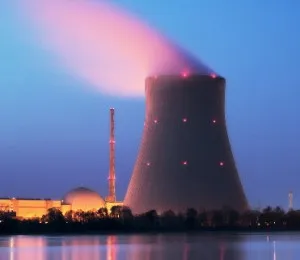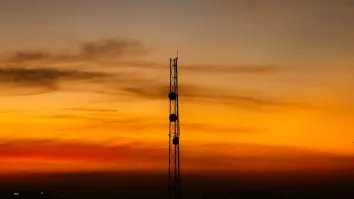
Indian nuclear law seen to deter progress
India’s nuclear liability law threatens India's plans to add 40,000 MW nuclear power plants by 2032.
The law, which passed the Indian parliament last week, contains a clause that allows a nuclear plant operator to seek reimbursement from suppliers for compensation it has paid to members of the public for nuclear-related damages, if the accident is due to defective or substandard equipment or services.
India has an estimated $150 billion nuclear market to be opened to foreign companies.
The US India Business Council, representing 300 top US companies doing business with India, wanted India to adopt a nuclear liability regime "channelling absolute and exclusive liability to nuclear power plant operators and establishing a sole remedy for compensation of claims".
"These principles are basic to international best practices as reflected in the International Atomic Energy Agency's Convention on Supplementary Compensation (CSC)," it said in a guarded reaction to the legislation after its passage in the Rajya Sabha last week.
"The absence of an effective, CSC-compliant liability regime could preclude involvement by the private sector - both Indian and foreign - and stymie India's multi-year effort to develop civil nuclear power," the group warned.
The Indian legislation is the first in the world to make suppliers potentially liable for nuclear damage. Twenty-eight national laws and three international nuclear liability conventions all channel such third-party liability to the operator of a nuclear installation, but limit the amount of operator liability, under a no-fault principle that is designed to facilitate and accelerate compensation.
Under the existing international system, suppliers do bear commercial liability for their products, but that is usually limited in time and scope, whereas nuclear liability is long-term--up to 80 years--and covers a broad scope of potential damage.
Nuclear law specialists say the clause will prevent India from joining the Convention on Supplementary Compensation--one of the three international treaties in the field--and will make nuclear power more expensive because suppliers will have to take out liability insurance, assuming the insurance market will even provide it.
India's energy strategy calls for adding 40,000 MW of foreign-design nuclear power plants by 2032, and the country has designated sites for each of four suppliers: Areva, Toshiba/Westinghouse, GE Hitachi, and Russia's Atomstroyexport.



















 Advertise
Advertise






